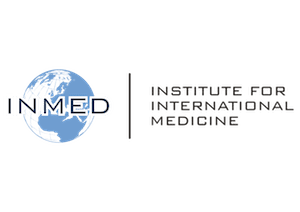
The INMED Professional Master’s Degree in International Health (MIH) is distinctly focused on mobilizing and equipping healthcare professionals on behalf of marginalized people, emphasizing special skills in epidemiology, diseases of poverty, maternal newborn health, international public health, cross cultural skills, disaster management, health leadership, healthcare education, and research and quality improvement.
At completion of the INMED MIH 32-credit hour program, graduates will be able to demonstrate through simulation and actual professional practice:
• Application of epidemiological principles
• Management & prevention of the leading diseases of poverty
• Management & prevention of HIV infection
• Care for the health of pregnant women and newborns
• Proficiency in clinical skills useful in low-resource settings
• Skill in community-wide health promotion and death/disability prevention
• Culturally appropriate healthcare
• Proficiency in disaster mitigation and response
• Design and implementation of team-lead healthcare interventions
• Research methodologies, interpretation, and quality improvement
• Transfer of healthcare skills to other personnel
The five MIH education components are:

The pathway to earning the MIH is to complete each of the following educational components. Each will be marked “Complete” as the requirements are satisfied. Answers to many MIH frequently asked questions can be quickly found at MIH FAQs.
